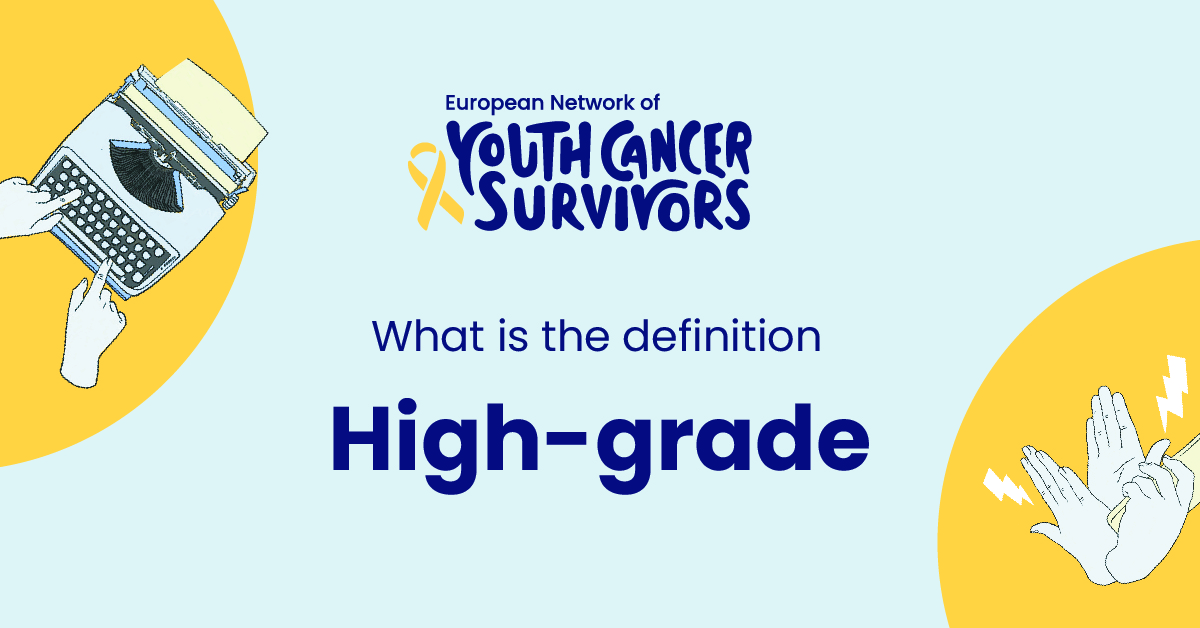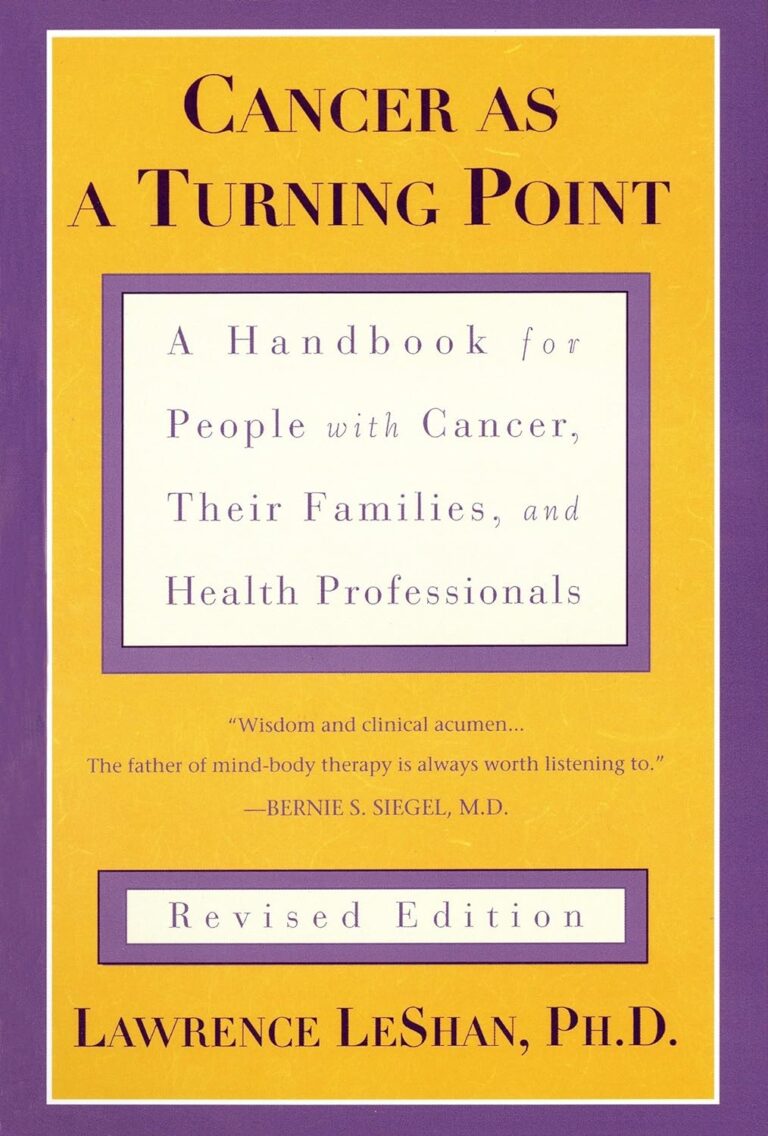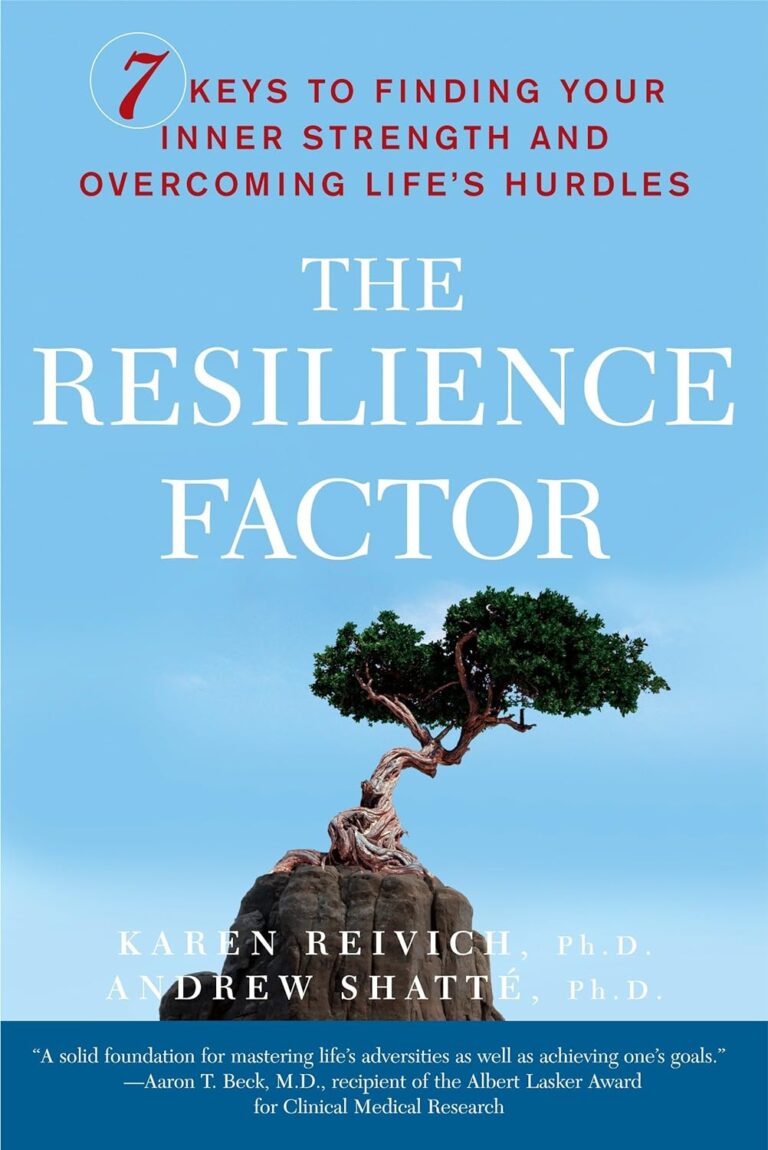
In the world of healthcare, the term ‘high-grade’ is omnipresent and a comprehensive understanding of it is pivotal. This article aims to illuminate what high-grade means, its implication in different health contexts, how to identify high-grade conditions, as well as their treatment and management processes. In doing so, patients can be better enlightened about their diagnoses, leading to improved decision-making and healthcare outcomes.
Understanding Terminology
What does a high grade mean?
The term ‘high-grade’, in medical parlance, often defines the severity, aggressiveness, or stage of a health condition or disease. When a condition is referred to as high-grade, it usually implies it is serious, severe, or advanced.
High-grade vs low-grade
An easy way to understand the contrast between high grade and low-grade is via the metaphor of a spectrum. Low-grade conditions are often less severe, progress slowly, and typically have better prognoses. High-grade conditions, on the other hand, are usually more serious, symptomatic, and spread rapidly, thereby demanding a higher level of clinical attention and possibly aggressive treatment.
High grade in the Healthcare Context
What high-grade means in healthcare
In healthcare, high grade primarily denotes the severity or aggressiveness of a disease, as diagnosed through microscopic examination of disease tissues or cells. A high-grade diagnosis routinely impacts the course of treatment and projected patient outcomes significantly.
Importance and implications of High-grade diagnoses
Comprehension of a high-grade diagnosis is paramount for both patients and medical practitioners. It helps in planning out therapy regimens, and predicting disease outcomes and management expectations. Furthermore, it facilitates the patient-practitioner communication process, empowering patients to make informed health decisions.
Different Applications of the Term High-grade
High-grade cancer
High-grade cancers are those that have cells appearing abnormal under a microscope, indicating rapid growth and spread. This often correlates with a poor prognosis and requires immediate, invasive treatment methods.
High-grade fever
A fever is classified as high-grade when the body temperature soars above 103.1°F (39.5°C). It typically signifies a severe underlying infection, requiring prompt medical attention.
High-grade inflammation
High-grade inflammation generally refers to a severe or chronic inflammatory response in the body. It often entails marked symptoms and disease progression with an increased risk of associated complications.
Recognizing High-grade Conditions
Signs and symptoms of high-grade conditions
Recognizing high-grade conditions involves identifying severe or worsening symptoms such as marked pain, significant weight loss, high fevers, or rapid disease progression. These symptoms often necessitate urgent medical evaluation and intervention.
Procedures for diagnosis
High-grade conditions are usually diagnosed via comprehensive clinical evaluations, lab tests, and advanced imaging modalities. Histopathological examination of biopsy samples also plays a crucial role in this regard, especially in diagnosing high-grade cancers.
Get to know us better
If you are reading this, you are in the right place – we do not care who you are and what you do, press the button and follow discussions live

Treatments and Management for High-grade Conditions
High-grade cancer treatment methods
Treatment of high-grade cancers may involve a combination of aggressive therapies, which could include surgery, chemotherapy, radiation therapy, immunotherapy, and targeted therapies, to name a few. The clinical approach often hinges on factors such as the cancer type, patient’s overall health status, and individual patient preferences.
Managing high-grade fever
Treating a high-grade fever often involves fever-reducing medications, adequate hydration, rest, and, in severe cases, hospitalization. Identifying and treating the underpinning cause, such as an infection, is also vital.
Handling high-grade inflammation
High-grade inflammation treatment regimes usually major on anti-inflammatory medications, dietary modifications, physical rehabilitation, and sometimes surgery. The treatment strategy is largely dictated by the cause and site of inflammation.
Conclusion
The medical term ‘high-grade’ is significant to both clinicians and patients as it significantly impacts disease management strategies and health outcomes. Recognizing the signs and symptoms early, and following through with a prompt and suitable course of treatment, are crucial to mitigating the adverse effects of high-grade conditions. Understanding high-grade conditions enhances patient empowerment, leading to a more fruitful clinician-patient engagement and ultimately better healthcare.
FAQs:
- What does it mean when a condition is classified as high-grade?
When a condition is classified as high-grade, it implies that the disease or condition is serious, advanced, or rapidly advancing.
- How is a high grade different from a low grade?
High-grade conditions are often more severe, symptomatic, and spread rapidly, demanding a higher level of clinical attention. In contrast, low-grade conditions typically progress slowly and have a comparatively better prognosis.
- Why is it important for patients to understand the term high grade?
Understanding the term ‘high-grade’ helps patients grasp the severity of their condition, aids in making informed health decisions, and enhances communication with healthcare providers.
- Does a high-grade diagnosis mean a more serious condition?
Yes, a high-grade diagnosis generally signifies a more serious, advanced stage of disease, with a potentially worse prognosis.
- Are there specific treatments for high-grade conditions?
Yes, high-grade conditions usually require a more aggressive treatment approach, which could involve strong medications, invasive procedures, or a combination therapy regimen.

















Comments
Thank you. Comment sent for approval.
Something is wrong, try again later